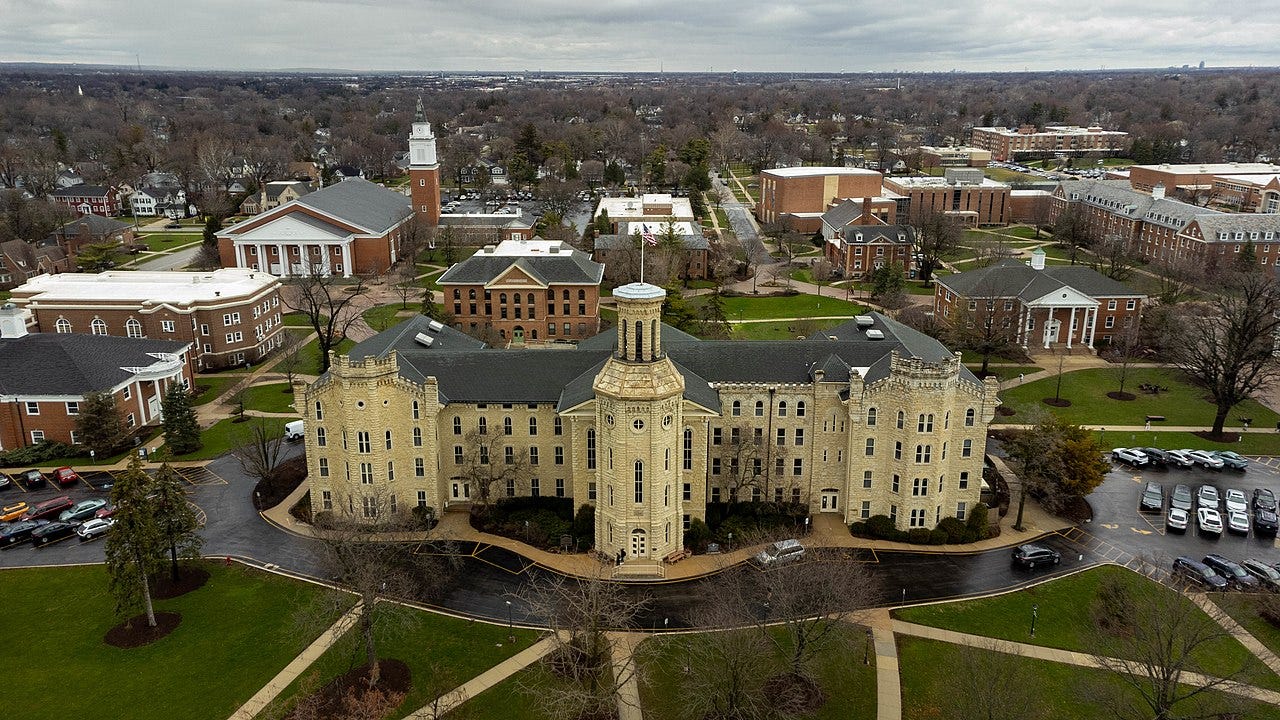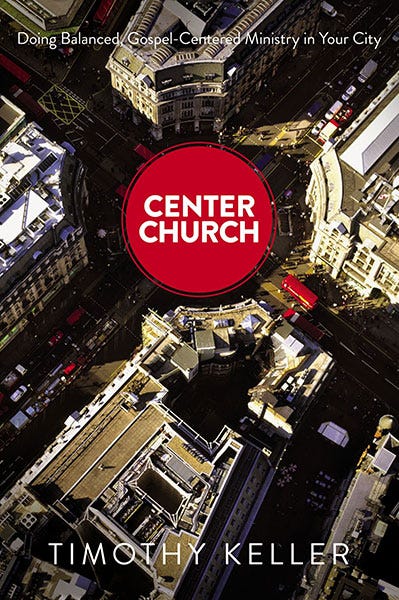The Crisis of the Evangelical Heart
And what Christian colleges and universities can do about it
Today I’d like to put into conversation two posts. Both were published this past Tuesday, both referred to the same pastor-theologian, and together they may offer a kind of vision for Christian universities like those where the two authors — and I — teach.
First, Wheaton College history professor Joey Cochran, my successor as Anxious Bench editor, analyzed what he called “the crisis of the evangelical heart.”1 Picking up on an argument from Reinhold Niebuhr, Cochran argued that American evangelicals were obligated both to minister to those suffering in their society and to take responsibility for their role in shaping that society. He criticized evangelical leaders who “perceive themselves as remnant stewards of genuine true Christianity, a past cherished idea and vision that flourished for a time but is now diminishing in its influence” and aren’t doing enough to “[collaborate] across the spectrum of evangelicals to cure [evangelicalism’s] distemper….”
(Cochran only alluded to specific manifestations of this “distemper,” but any regular reader of The Anxious Bench — or this Substack — shouldn’t have any problem calling to mind several examples of evangelicalism fostering critical social or cultural problems and/or failing to minister to those afflicted by such problems.)
Rather than “disown and disinherit” problems of evangelicalism’s own making and “retreat into the safe ghettos of conservative, confessional affiliations,” Cochran would have “leading intellectual evangelical spokespersons” apply to evangelicalism the principles that the late Tim Keller suggested for the local church:
Keller believed that a theological vision is fashioned from integrating the reading of one’s doctrine and one’s surrounding culture. Doctrine, theological vision, and culture are entangled with one another. If there is something amiss in one sphere, then the other spheres are affected. Since culture adapts and evolves, then a vision to match doctrine must be restated from generation to generation. “It is critical, therefore, in every new generation and setting to find ways to communicate the gospel clearly and strikingly,” said Keller. He continued, “All churches must understand, love, and identify with their local community and social setting, and yet at the same time be able and willing to critique and challenge it.”
Then Keller also loomed large in a Christian Scholars Review post from California Baptist social work professor Krystal Hays, who drew on one of the last articles Keller published before his death last year. In a February 2023 piece for The Atlantic, Keller contended that the American church can experience revival and growth if several things happen. Hays adapted his list to suggest how Christian higher education can also experience revival.
So let me share Hays’ list of five Keller-like recommendations, adding some commentary of my own — especially where I see a logical connection with Cochran’s post that suggests how Christian colleges and universities can help address the “crisis of the evangelical heart.”
1. Our universities must speak compellingly to the nones.
This picks up on Hays’ previous post at CSR, about the growing number of young people who are deconstructing their childhood faith and dechurching. I think she’s absolutely right. Having already written one book inspired by the need for Christians to better understand and love the “spiritual but not religious” and argued several times in this newsletter that more Christian colleges should do like California Baptist and admit students who don’t already identify as Christian, I don’t have a lot more to say on this item.
But I will add this: if Cochran is right that a heart-healthy evangelicalism would be culturally responsive and ecumenical, then it would hesitate to disdain deconstruction and dechurching as varieties of secularization and impiety. And if its churches find it hard to reach “the nones,” perhaps its universities will fare better, since, as Hays argues, “non-Christian students will attend our universities if we offer a high-quality education coupled with a good reputation.”
Keep reading with a 7-day free trial
Subscribe to The Pietist Schoolman to keep reading this post and get 7 days of free access to the full post archives.





